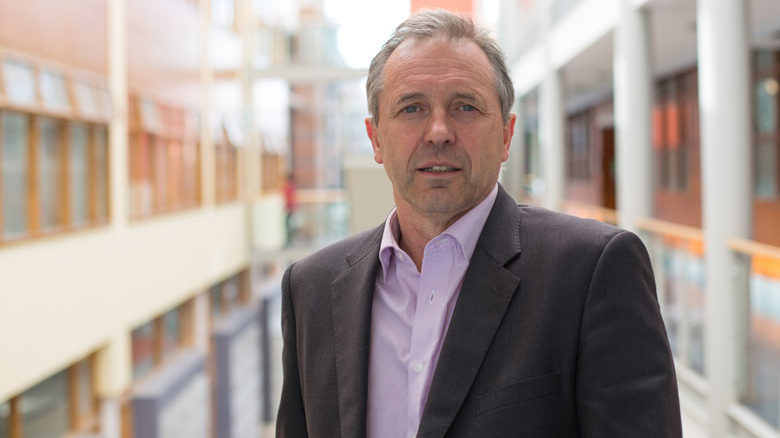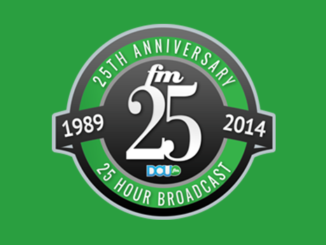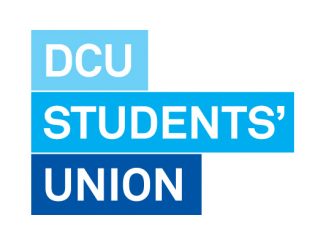
[dropcap]Professor[/dropcap]Alan Smeaton was not expected to be an innovator, or an academic. As a young man, he did well in school but his family background didn’t indicate that a university education would be his path. The presumption, that the eldest boy to a widowed mother, would go out and get a job to help support the family lay in wait. But, Alan Smeaton decided to break the template, and in his final year of secondary school, he told his mother he wanted to go to university: “She said, can you get a good job and make money, I said I can, and off I went for four years.”
Today, Alan Smeaton is a professor of computing at DCU and since 1991, he has graduated almost thirty M.Sc. and PhD research students. His current title conveys only one side of a man who has been at the forefront of R&D in the field of data analytics for over 30 years. He has hundreds of peer reviewed papers accredited to him, is a founding director of the Insight Centre for Data Analytics, which involves the work of 400 researchers based in several institutions, including DCU.
It’s difficult to place an age badge on Smeaton, his is a big presence, with an easy self-depreciating humour, and bright eyes which show evidence of a man who likes to laugh.
“I went to UCD to do Physics, and there was this new subject called computer science, I said I will take that, I liked it more than physics. It was different back then, it wasn’t like now where students have the flexibility to change modules. And, I found something that suited me,” he said.
Smeaton applies data science through analytics to: “More or less anything. I have collaborated with almost every department in DCU, including a programme with the nursing school to aid memory recollection in people with dementia.”
In an industry which is continuously evolving, Smeaton is still a learner. “My personal interest is in determining image data. I’m constantly learning and constantly changing, every course I teach gives me something new.”
He is the recipient of the 2015 RIA gold medal, an illustrious award given in recognition to academics who have made demonstrable and internationally recognised outstanding scholarly contributions in their fields.
Smeaton jiggles his pockets in a mock of looking for the lump of gold.
“It’s a big thing, but I don’t play it up, it’s a wonderful recognition for doing something I love. When we educate, we need to continuously check that we are on top of our game. I’m an advocate of continuous professional development for educators, we need to make sure we are progressing all the time.” As the first of 42 grandchildren to go to college, Smeaton has progressed.
“When I finished university the first time, four years computer science, I came home and told my mother I want to do my masters. My mother said can you get a better job and make good money at that? I said yes I can and off I went for two more years.”
Smeaton acknowledges that data analytics is not just telling if the M50 is in car-park mode, or if people can beat traffic and catch their flight, there are other analytics at play. Some of these were used in mining behavioural patterns through the internal student user interface ‘Loop’ in DCU. The aim? To find a way to help students, particularly those in courses with a higher than average first year failure rate, progress better.
“We looked at over 2,500 students, how, when and where they connected through the internal system, day or night. Every time a student connected on loop we viewed the digital breadcrumb left behind, which says who the student is what they have looked at. Then we mine the information, and combine that information from other students who are progressing better. We looked at what they have looked at and make comparison over previous years to students who achieved good results. This gave us signals which were used as flags to the students to suggest readings or research. This is data analysis at its best, there were students who didn’t fail exams because of this project.”
While he recognises that computer programming may always remain the preserve of a small percentage, he appreciates data analytics as the less restrictive area, a little bit of magic.
When Smeaton completed his masters, he again went home to his mother and said: “I want to do a PHD, my mother said, will we be calling you doctor, and will that get you a better job and can you make money? I said yes and four years later completed my PHD. I started working in DCU, I’m still here. I got the good job in the end.”
Orla O Driscoll
Photo Credit: FUJO DCU




Leave a Reply